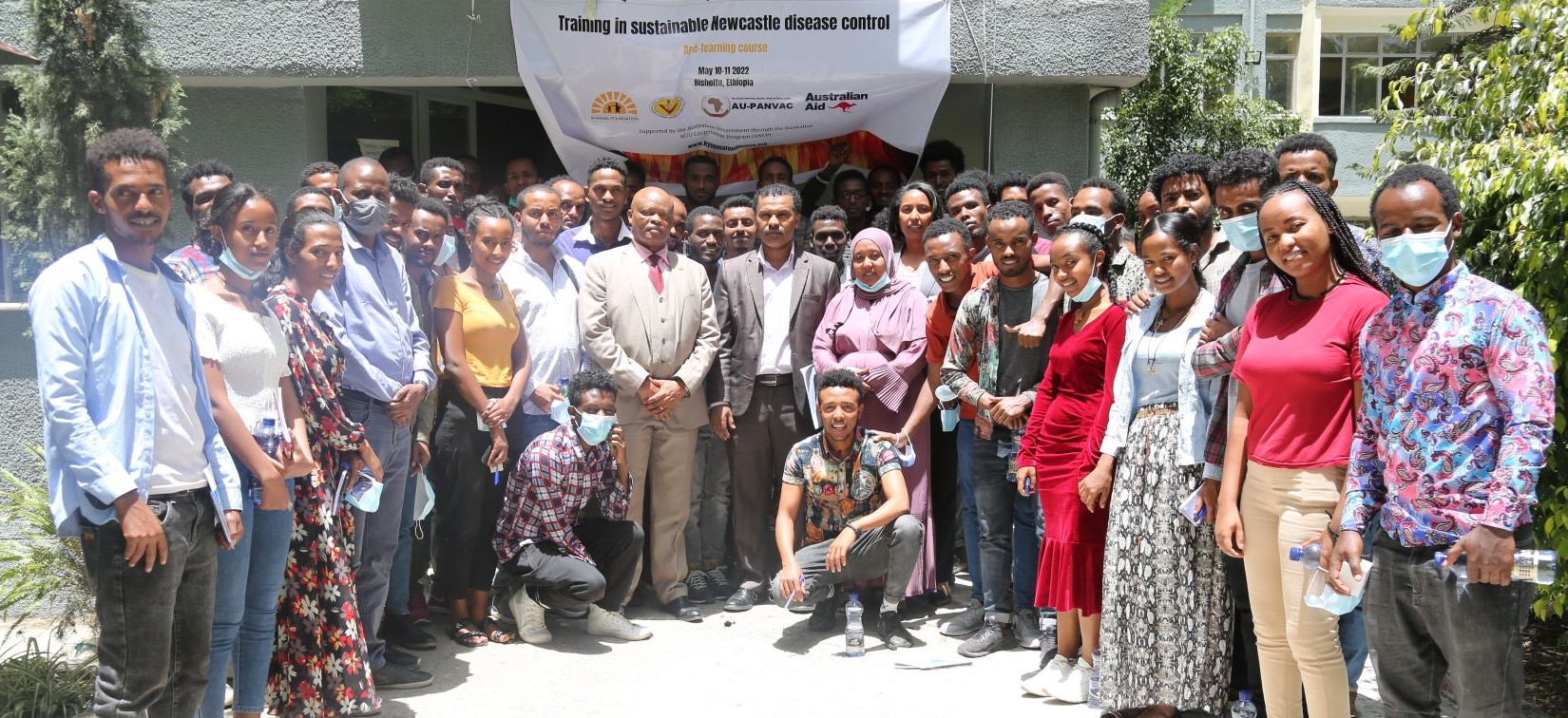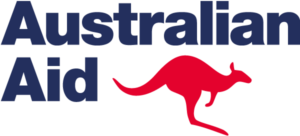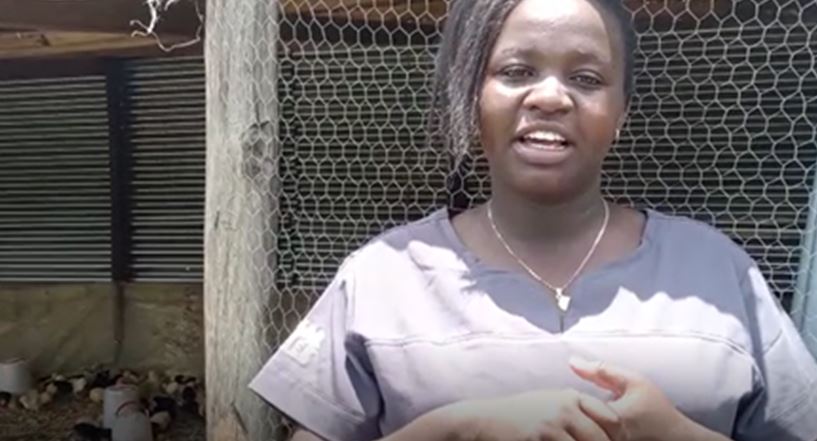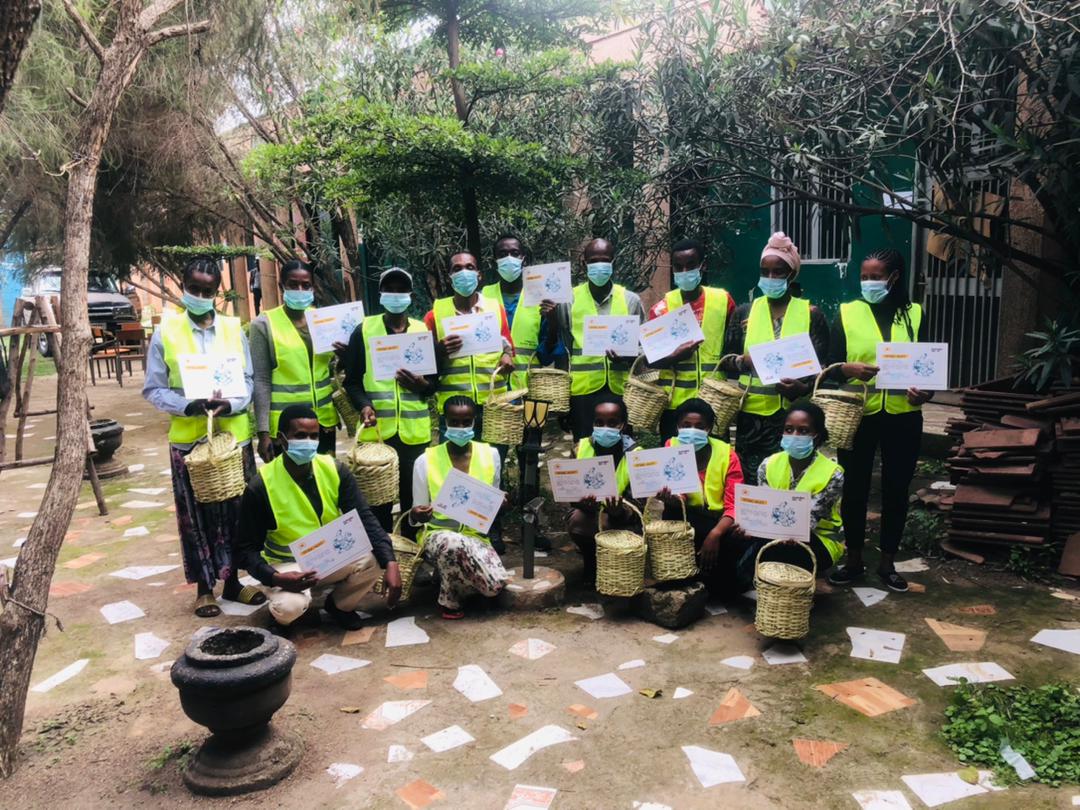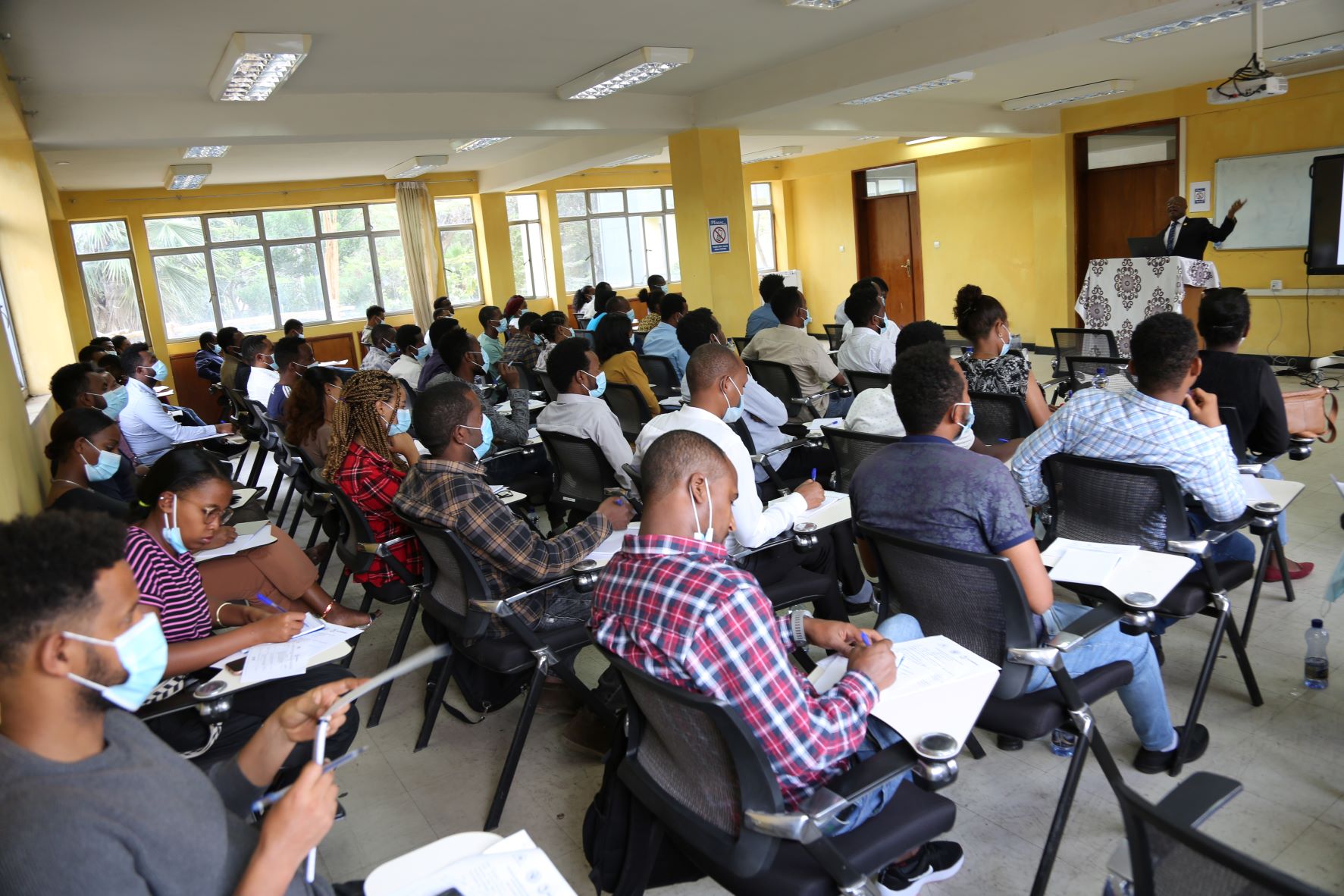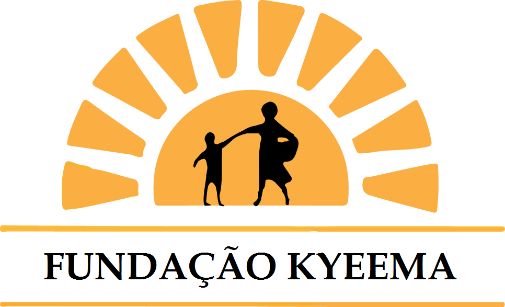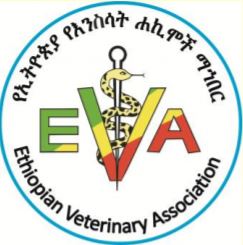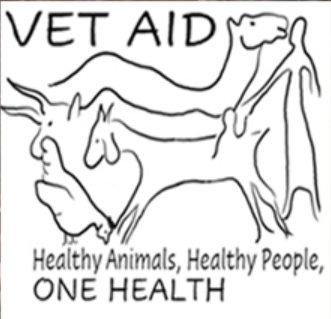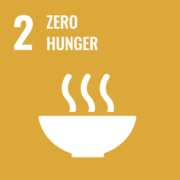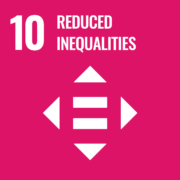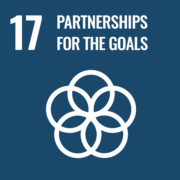We are working with the African Union Pan-African Veterinary Vaccine Centre (AU-PANVAC) to improve food and nutrition security and livelihoods in selected AU Member States (MS) through establishment of sustainable village poultry production and health learning programs for animal health personnel.
Village poultry are the most common and often the only the livestock owned by the most vulnerable households in Africa. Every year outbreaks of Newcastle disease (ND) cause significant economic loss in production which could be prevented by vaccination. Sustainable vaccination programs involve increased motivation and capacity of animal health personnel at several levels.
The project is supported by the Australian Government through the Australian NGO Cooperation Program (ANCP).
The 5 Master Trainers across Mozambique and Ethiopia trained in 2021 with ongoing projects in 2022. Photo credit: Eliza Smith.
Veterinarian Dr Coleta Cherono filming the short training Newcastle disease control video series ‘Keeping Health and Productive Chickens’ in Narok County, Kenya, 2022. Photo credit: VETAID Kenya.
Vaccinators trained in Aleta Chuko, Sidama Region of Ethiopia in 2022. Photo credit: Etsegenet Tekeba.
Undergraduate and postgraduate students attending the lecture series on sustainable Newcastle disease control at Addis Ababa University in May 2022. Photo credit: Bethelehem Zewde.
What are we doing?
AU-PANVAC and Kyeema have developed a program to improve AU Member States’ (MS) capacity to sustainably control ND in village chickens. To date, three training courses have been prepared and course modules have been peer reviewed by cohorts of animal health professionals from AU-MS. Activities in Mozambique, Kenya and Ethiopia aimed at adapting ND control training modules for an e-learning environment are ongoing.
Across Africa COVID-19 has devastated livelihoods, health and food security; all 55 countries are impacted. With ongoing impacts of COVID-19 related disruptions in partner countries in Africa, the next 2 years of the project will focus on:
1. Investigating options for accreditation and roll-out of e-learning courses in AU-MS.
2. Adapting ND control training modules for an e-learning environment.
3. Piloting e-learning ND training for animal health personnel.
4. Improving ND vaccination programs for smallholder/village chicken production using results of pilot activities in Ethiopia and Mozambique.
More importantly, why?
Certified continued professional development curricula for ND control in use across African Union Member States
Improved ND control e-learning resources adapted for poultry value chain actors
Improved ND programs for smallholder chicken production
Thanks to our partners and stakeholders
Will this work contribute to ongoing change?
This project has been designed to contribute to sustainable ND control through the use of participatory approaches and strengthening the exchange of information and ideas between organisations, national ministries, in-country departments and village chicken producers.
We are also measuring our outcomes against indicators set out for the specific globally recognised sustainable development goals for 2030.

